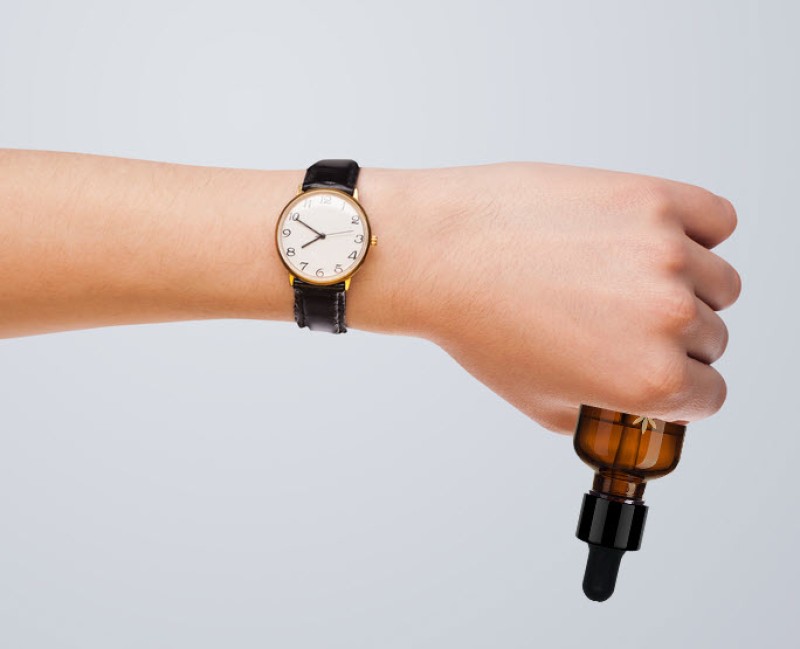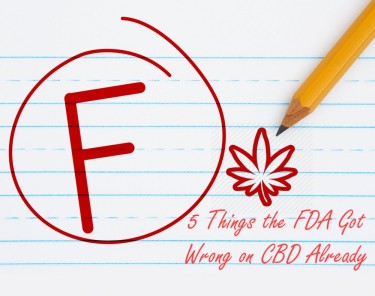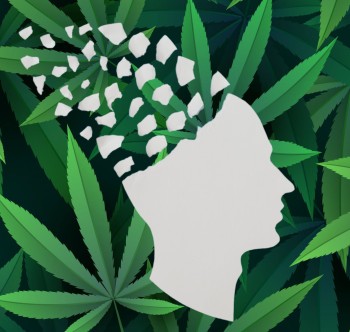The hemp industry was shocked to its core when the 2018 Farm Bill passed. It’s not that the changes hadn’t been expected. In 2014, a similar bill was signed into law that started the process of re-legalizing hemp.
The possibilities were just suddenly staggeringly enormous. With “industrial hemp” CBD products containing less than 0.3% THC now essentially legal in all 50 states, the hemp market found itself with ample room to grow.
Over the last year or so, though, hemp industry stakeholders have started to feel themselves hit something of a wall. Comprehensive regulation issued by the FDA (CBD’s new federal overseer) has been expected since 2020 but still hasn’t arrived, leading to a general sense of uneasiness.
The pandemic slowed things down, but there are other factors at play here as well. Find out exactly why it’s 2022 already and the FDA still hasn’t properly regulated CBD.
The Current Status of CBD
Under the 2018 Farm Bill, most hemp-extracted CBD products containing less than 0.3% delta-9 THC are considered industrial hemp, a legal category that is entirely separate from the Controlled Substances Act’s definition of “marijuana”. As a result, CBD oil for pain and a vast variety of other CBD products are now sold widely on the internet and shipped to all 50 states.
CBD is not exactly legal in the sense of an over-the-counter drug, a supplement, or even a prescription drug in the majority of cases. The DEA may no longer have any jurisdiction over CBD, but for the most part, the FDA has failed to pick up the reins.
The FDA’s Position
In June of 2022, hopes briefly surged that the FDA might be getting close to releasing some definitive CBD guidance. The federal agency announced that it would be convening its Science Board to discuss the challenges related to regulating cannabinoids as dietary supplements or food ingredients.
Before it even took place, though, industry insiders were already confident that this meeting wouldn’t result in any major changes to the status quo of CBD regulation in the United States. Recent FDA statements make it clear that the agency is facing significant challenges as it develops regulatory frameworks that properly encompass CBD as an easily accessible online ingredient.
The FDA has at least one legitimate reason for taking its time on CBD: There’s still a serious lack of definitive safety data regarding the cannabinoid itself and the types of products in which it is commonly included. The FDA has commissioned various studies to determine the CBD’s safety, but it takes a while for that sort of research to come in.
Lack of safety data isn’t the only factor holding the FDA back, though. A decision the agency made regarding CBD back in 2018 has returned to haunt it in the here and now.
The Epidiolex Dilemma
Epidiolex is a CBD-based prescription drug developed by UK cannabis giant GW Pharmaceuticals. The FDA approved Epidiolex in 2018 for certain types of intractable epilepsy (including Dravet syndrome) and has since expanded the CBD drug’s accepted uses.
Though it’s called a “CBD-based drug” in regulatory contexts, the sole active ingredient in Epidiolex is hemp-derived CBD: The same hemp-derived CBD, for all intents and purposes, as you can find in hemp products sold on the internet.
The FDA has a long-standing precedent of not approving substances as supplements or over-the-counter drugs after they’ve already been approved as prescription medications. Though additional variables, such as federal cannabis legislation, may also sway the FDA’s decision on the matter, the fact that CBD is available on a prescription basis in Epidiolex is making it very hard for the agency to approve or regulate the cannabinoid in other contexts.
Possible Solutions on the Horizon
In May of 2022, the Democrat-controlled US House of Representatives passed a bill that would remove cannabis from the Controlled Substances Act. If the bill carries through the Senate and reaches the President’s desk, it could be the trigger the FDA needs to finally resolve the paradoxes surrounding federal CBD regulation.
Due to considerable political failures since gaining the majority in 2020, though, it’s possible the House and Senate will return to Republican control during the midterm federal elections, potentially stalling cannabis reform. Over time, ongoing research regarding CBD’s safety will continue to come in, and the FDA will eventually resolve regulatory conflicts between Epidiolex and other forms of CBD. The near future of the American hemp industry remains murky, however.
Summary: When Will the FDA Move on CBD?
In mid-2019, practically every industry expert predicted that comprehensive federal cannabis reform — accompanied by FDA clarity on CBD — would arrive in 2020. Then, the pandemic hit, and non-essential federal government activity was mostly shut down.
Now, political ambiguity is combining with regulatory tangles that are harder than expected to solve, making the exact path American CBD takes from here unsettlingly uncertain. What we know for sure, though, is that CBD industry leaders are committed to building a better tomorrow for hemp one day at a time.







